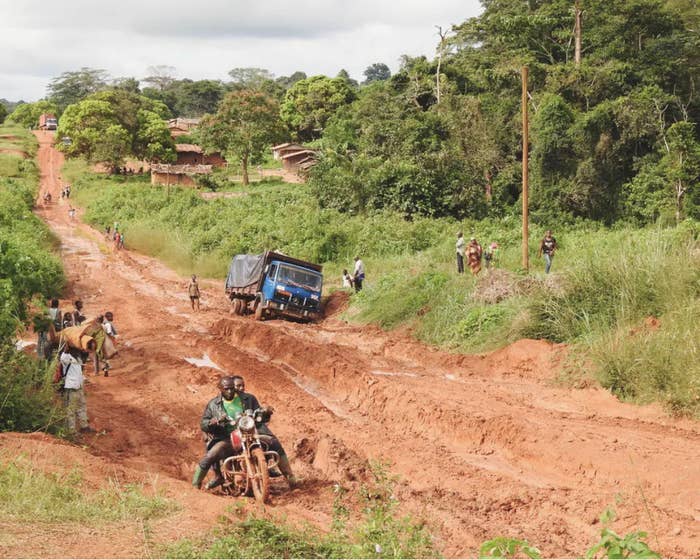
Senior American lawmakers are demanding answers from the secretary of the interior as they broaden their inquiry into whether the US government has bankrolled anti-poaching forces that have committed abuses against vulnerable indigenous people.
Last March, BuzzFeed News revealed that the World Wide Fund for Nature funds, equips, and works directly with paramilitary forces that have tortured and killed people in national parks across Asia and Africa. WWF launched an “independent review” in response to the revelations.
The House Committee on Natural Resources has been examining whether any of these forces have been bankrolled or equipped with funding from the US government. On Thursday the committee wrote a letter to Secretary of the Interior David Bernhardt asking him to detail the grants his agency has awarded for international conservation projects.
The Department of the Interior oversees the US Fish and Wildlife Service, which has funded Lobéké National Park in Cameroon and is a long-term partner of WWF at the park. BuzzFeed News found that WWF was warned in 2015 of “frightening” human rights abuses in Lobéké. One family living in the region told BuzzFeed News that park rangers there had tortured their 11-year-old son.
The bipartisan letter was signed by the Democratic chair of the committee, Raúl Grijalva, and the ranking Republican, Rob Bishop.
“Among the victims of these alleged abuses are indigenous peoples living near protected areas,” the letter says. “Despite the importance of protecting wildlife and endangered species from extinction, the United States must not be party to violations of basic human rights.”
Elsewhere, a source confirmed that the Government Accountability Office, a federal watchdog, began its own investigation into the matter after a request from the Committee on Natural Resources. In the United Kingdom, the Charity Commission is conducting an investigation into whether WWF’s UK branch conducts proper due diligence to ensure that the money it sends abroad does not contribute to violence.
WWF’s in-country branch in Germany has completed its own investigation, which found that the charity must overhaul its human rights policies. In April, WWF International appointed Navi Pillay, the former United Nations high commissioner for human rights, to chair its worldwide review. The charity’s president, Pavan Sukhdev, has promised to take “swift and appropriate action” to address “(a)ny shortcomings uncovered by the review.”

